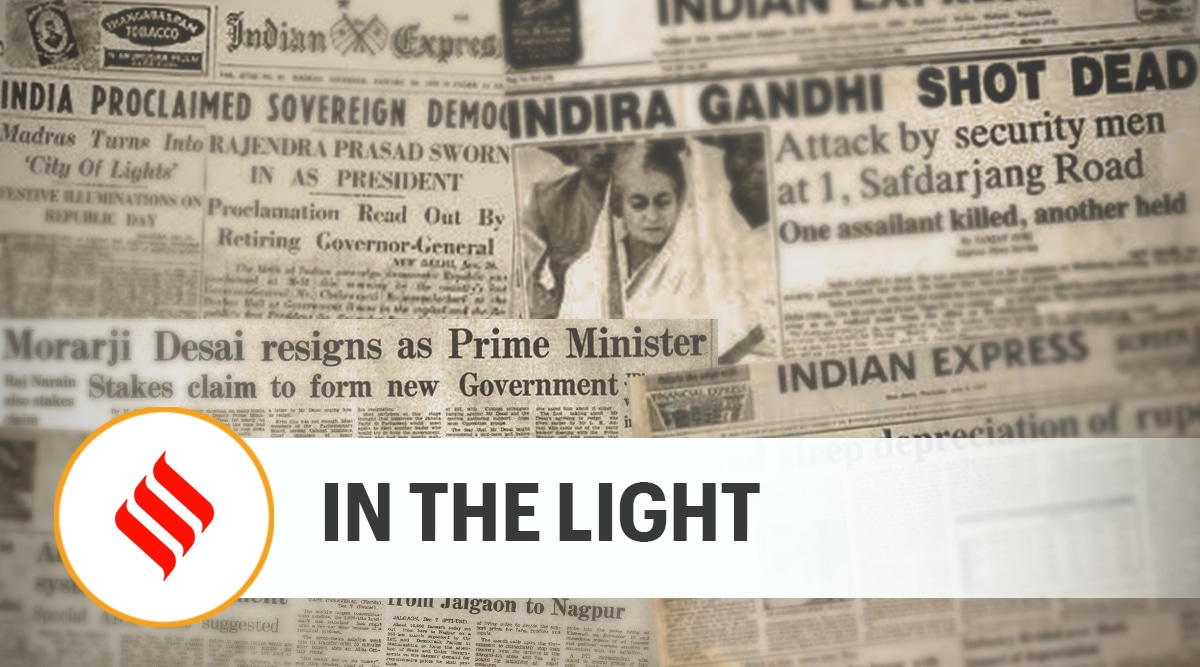 The CJI’s displeasure was echoed later in the day by Justice D Y Chandrachud during the hearing on an appeal against the Centre’s ban on the Malayalam TV Channel, MediaOne.
The CJI’s displeasure was echoed later in the day by Justice D Y Chandrachud during the hearing on an appeal against the Centre’s ban on the Malayalam TV Channel, MediaOne. On Tuesday, two separate benches of the Supreme Court did the right thing by red-flagging the disturbing practice of courts accepting information from government agencies in sealed envelopes. First, in a case involving the Bihar government, a three-judge bench headed by Chief Justice N V Ramana made it clear that it wanted all arguments to be presented in open court. “Please don’t give us a sealed cover, we don’t want it here,” CJI Ramana told the Patna High Court’s counsel in the case. The CJI’s displeasure was echoed later in the day by Justice D Y Chandrachud during the hearing on an appeal against the Centre’s ban on the Malayalam TV Channel, MediaOne. The channel had gone off air on February 8 after the Kerala High Court upheld the ban by relying on documents submitted by the Centre in a sealed envelope. But when the government repeated this practice before the apex court, it was pulled up by a three-judge bench led by Justice Chandrachud that stayed the ban.
Unfortunately, in recent years, the Supreme Court has itself played a role in perpetuating the tendency to seek public-interest related information in sealed envelopes. In the Rafale aircraft case, the Court accepted the government’s argument that the matter pertained to the Official Secrets Act. While refusing to stay the arrest of activists held in the Bhima-Koregaon case, it relied on “evidence” submitted by the Maharashtra police in a sealed envelope. In the NRC exercise in Assam — that led to about 19 lakh citizens being excluded from the list – the apex court sought details from the NRC coordinator in a sealed cover with neither the government nor the affected parties being allowed to look at them. And in the case involving corruption allegations against the CBI director, Alok Varma, the court insisted that the Central Vigilance Commission submit its report in a sealed cover, ostensibly to maintain public confidence in the agency.
In a democracy, only a small set of acts by public agencies must remain in the realm of secrecy – delicate international negotiations or those that relate to sensitive aspects of security, details about survivors of sexual assaults or child abuse. The principles of natural justice demand that all parties in litigation get a fair chance to scrutinise evidence. Citizens are entitled to know the reasons for court verdicts and subject them to scrutiny. Such transparency is also one of the sources of legitimacy of the institution of the judiciary. The three-judge bench in the MediaOne case has said that it will expand the ambit of the case to deal with sealed cover jurisprudence. It will be watched closely.
This editorial first appeared in the print edition on March 17, 2022 under the title ‘In the light’.
- The Indian Express website has been rated GREEN for its credibility and trustworthiness by Newsguard, a global service that rates news sources for their journalistic standards.

